Hawthorn fruit dehydration, for tea
Preparation time10 min
Waiting time1 hour
Cooking time8 hours
Ready in9 h 10 m
Hawthorn tea / Heart tea / Cardiovascular system tea
Drying hawthorn fruits in a dehydrator for tea preparation. Hawthorn fruit tea is recommended for the normal functioning of the cardiovascular system: it reduces cardiac discomfort, helps to maintain and normalize the heart rate and blood pressure, being a coronary vasodilator, practically improves the irrigation of the heart by dilating the coronary arteries, tones the walls of the vessels and capillaries, it is recommended for those who suffer from atherosclerosis and, last but not least, it has a tonic effect on the whole body, being rich in vitamins, acids, tannins and minerals;
Ingredients
- 1 kg of hawthorn (fruit)
Estimated cost: 3.0 €
Materials
- fruit dehydrator
Preparation
 Wash the hawthorn fruits in 2-3 waters and leave them for half an hour on flat surfaces (on kitchen towels) to evaporate the excess water.
Wash the hawthorn fruits in 2-3 waters and leave them for half an hour on flat surfaces (on kitchen towels) to evaporate the excess water. After they have dried, place the hawthorn fruits on the trays of the dehydrator as airy as possible.
After they have dried, place the hawthorn fruits on the trays of the dehydrator as airy as possible. We set a drying time of 8 hours, at a temperature of 50 º C. The drying time differs in principle from the temperature chosen, but it is good to choose a temperature as low as possible, even 40 º C, in order not to alter the nutrients through heating.
We set a drying time of 8 hours, at a temperature of 50 º C. The drying time differs in principle from the temperature chosen, but it is good to choose a temperature as low as possible, even 40 º C, in order not to alter the nutrients through heating. At the end, stop the dehydrator and leave the hawthorn fruits in it until they cool completely.
At the end, stop the dehydrator and leave the hawthorn fruits in it until they cool completely.
After they have cooled completely, dried (dehydrated) hawthorn fruits can be stored in paper bags, or in various containers. We will use the dried hawthorn fruits to prepare teas, i.e. infusion for 10-15 minutes of a spoonful of dried hawthorn fruits in ~ 250 ml of boiled water.
We will use the dried hawthorn fruits to prepare teas, i.e. infusion for 10-15 minutes of a spoonful of dried hawthorn fruits in ~ 250 ml of boiled water.
Administration
Dried / dehydrated hawthorn fruits can be consumed in the following ways:
- hawthorn infusion tea: add 1 tablespoon of dried hawthorn fruits to 250 ml of boiling water, for 10-15 minutes.
- hawthorn decoction tea: boil 1 tablespoon of dried hawthorn fruit for 5 minutes, then cover and leave to infuse for another 10 minutes.
- cold maceration of dried hawthorn fruits: it is prepared from a spoonful of dried hawthorn fruits, added to 250ml of water, kept for ~ 8 hours at room temperature, then strained and drink on an empty stomach.
With any of the drinks (tea, macerated), it is recommended to drink on an empty stomach, 30 minutes before meals, 1 - 3 cups per day.
⚠ We recommend long cures, up to 6 months, when a break of at least 2 weeks is recommended.
- hawthorn infusion tea: add 1 tablespoon of dried hawthorn fruits to 250 ml of boiling water, for 10-15 minutes.
- hawthorn decoction tea: boil 1 tablespoon of dried hawthorn fruit for 5 minutes, then cover and leave to infuse for another 10 minutes.
- cold maceration of dried hawthorn fruits: it is prepared from a spoonful of dried hawthorn fruits, added to 250ml of water, kept for ~ 8 hours at room temperature, then strained and drink on an empty stomach.
With any of the drinks (tea, macerated), it is recommended to drink on an empty stomach, 30 minutes before meals, 1 - 3 cups per day.
⚠ We recommend long cures, up to 6 months, when a break of at least 2 weeks is recommended.
Observations
⚠ Hawthorn tea associated with valerian, mistletoe and goose sole potentiates its effects.
→ Hawthorn tea is recommended in:
- heart rhythm disorders,
- ischemic heart disease,
- arrhythmias,
- hypertension,
- paroxysmal tachycardia,
- extrasystoles,
- cardiac disorders of nervous origin,
- cardiac erethism,
- atherosclerosis,
- heart failure,
- angina pectoris stages I and II,
- tachycardia.
→ Hawthorn tea is recommended in:
- heart rhythm disorders,
- ischemic heart disease,
- arrhythmias,
- hypertension,
- paroxysmal tachycardia,
- extrasystoles,
- cardiac disorders of nervous origin,
- cardiac erethism,
- atherosclerosis,
- heart failure,
- angina pectoris stages I and II,
- tachycardia.
Effects and benefits
- supports the cardiovascular system;
- coronary vasodilator;
- cardiotonic (positive inotropic effect);
- moderate coronary dilator (increases blood flow in the coronary arteries);
- reducing the discomfort that occurs at cardiac level;
- normalizes the heart rhythm (antiarrhythmic);
- normalizes blood pressure (antihypertensive);
- supports cardiac tone;
- adjuvant in heart failure, angina pectoris;
- adjuvant in heart attack prevention (reduces the risk of heart attack);
- sedative;
- vitaminizer;
- tonic;
- improves the general condition of the body;
- protecting the body against stress;
- anti-inflammatory properties;
- helps fade hemorrhoids and varicose veins;
Side effects
- exceeding the doses can lead to unwanted reactions such as: poisoning, low blood pressure, cardiac arrhythmias, dizziness and sedation;
- having a mild sedative effect, exceeding the doses, may influence the ability to drive vehicles or use machines;
Contraindications
- contraindicated for those allergic to hawthorn and/or honey;
- contraindicated in pregnancy and breastfeeding;
- contraindicated for children under 3 years of age, and for those up to 12 years of age, definitely ask for a doctor's recommendation;
Another information
→ Hawthorn improves the blood circulation process, thus ensuring an even distribution of oxygen in the body's cells.
→ Practically, hawthorn acts as a coronary vasodilator, activates blood circulation in the blood vessels of the heart, being recommended for those suffering from hypertension or atherosclerosis.
→ Practically, hawthorn acts as a coronary vasodilator, activates blood circulation in the blood vessels of the heart, being recommended for those suffering from hypertension or atherosclerosis.
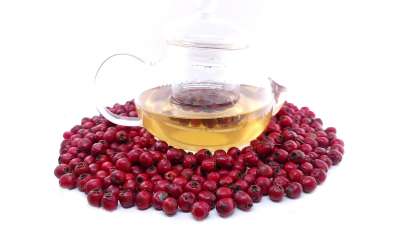

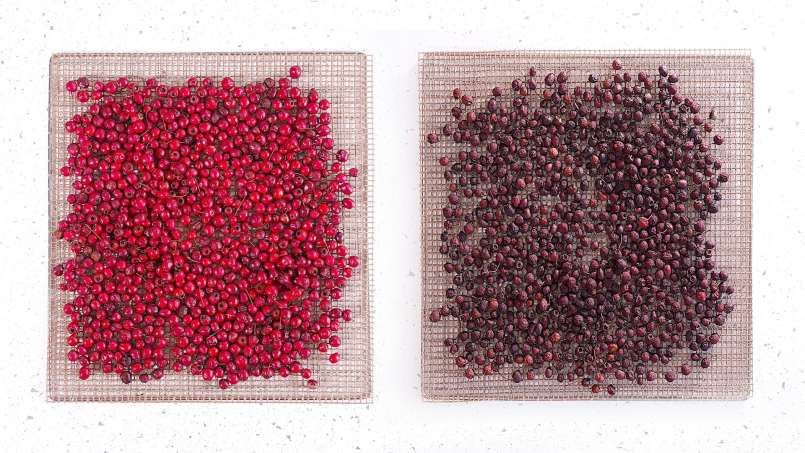
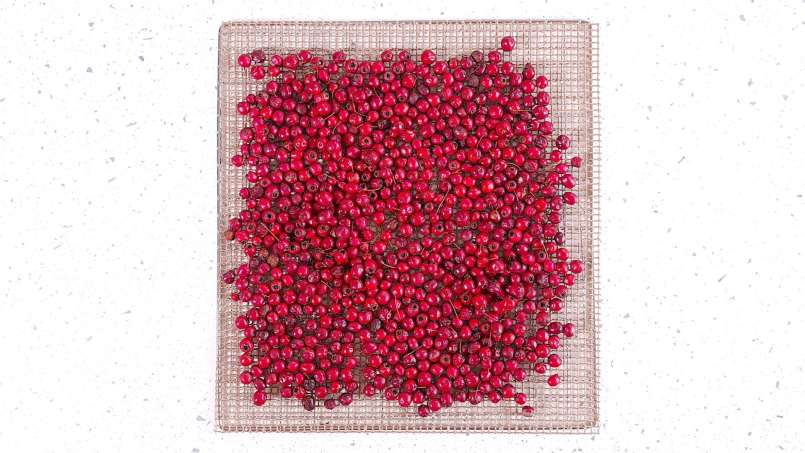
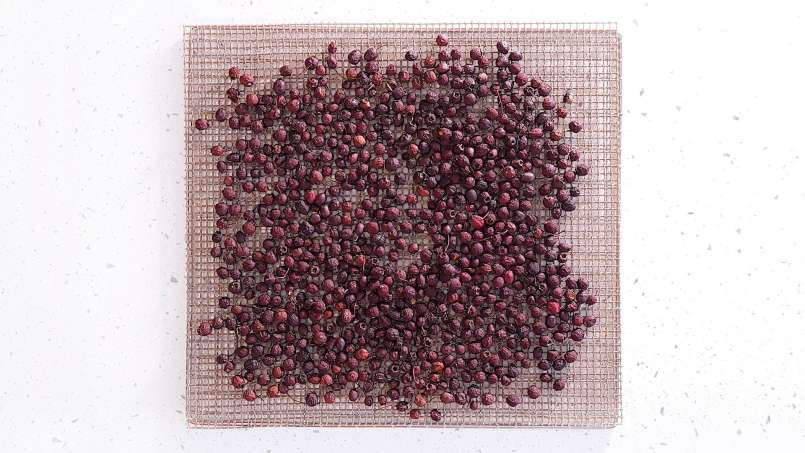
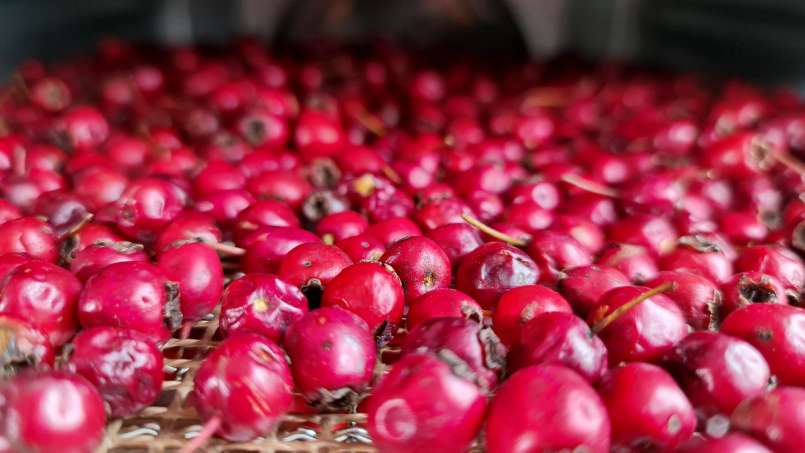
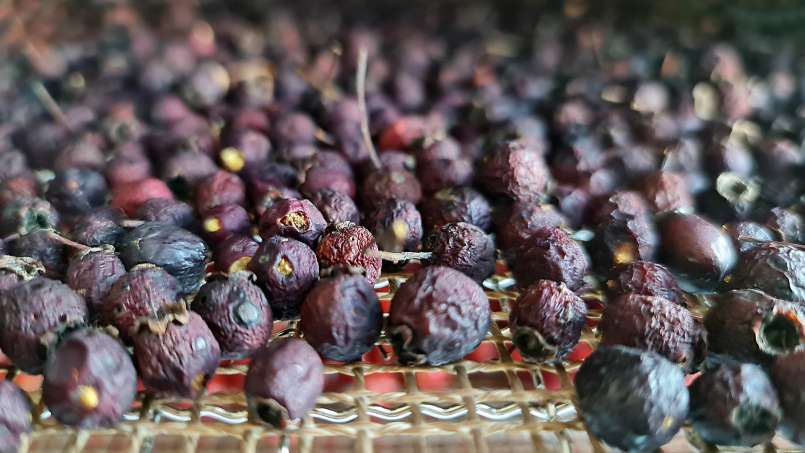

Comments